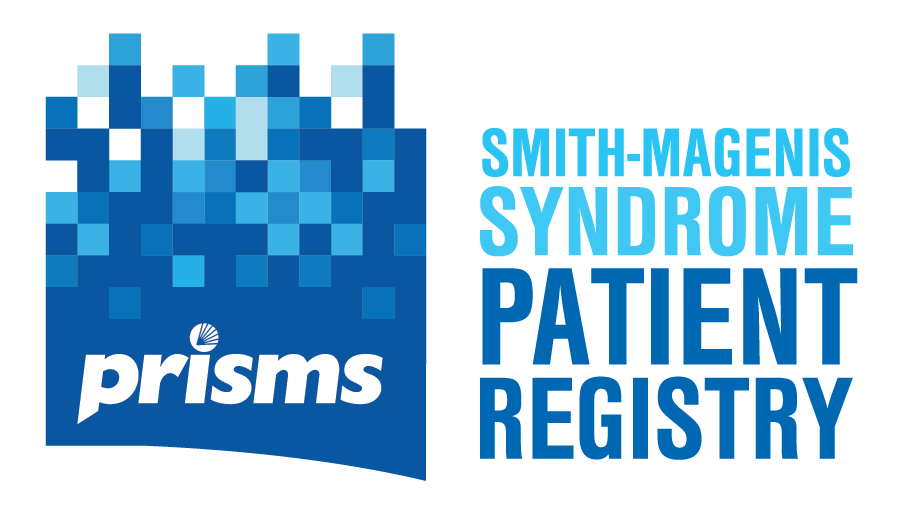
The Smith-Magenis Syndrome Patient Registry (SMSPR)
A patient registry is a database used to collect and store information/data about individuals who share a certain disease or condition.
SMS is a rare disorder. While researchers and medical professionals have learned much about SMS since its discovery, there is still much more to learn. The SMSPR is a collaboration between PRISMS and researchers. Families, you can help move research forward by participating in the registry, which can lead to improved understanding and outcomes. Participation is a minimal time commitment and can provide extremely valuable information to researchers.
Frequently Asked Questions
The registry is open to any individual with a genetic diagnosis of Smith-Magenis Syndrome. In most cases, it will be the parent or legal guardian of the individual with SMS providing the information for the registry. You will be asked to upload proof of genetic testing and parent/guardian identification (for a child under 18 years old) or document of legal guardianship (for a child over 18 years old) to enroll in the registry.
There is currently limited data on individuals with SMS. The registry allows us to gather more data and to track data over long periods of time. This can give a better understanding of how SMS progresses over time and what medical or psychosocial issues providers should be aware of in children and adults with SMS. It also gives a better understanding of the spectrum of differences in individuals with SMS. The data can be used for research that may result in improved treatments and outcomes.
Some of the information collected will/may be:
- Genetic test results (required)
- Questionnaires regarding medical history, development milestones, daily activities, sleep habits, and quality of life, among others
- Sleep studies
- Magnetic Resonance Imaging (MRI) or Computerized Tomography (CT) scans
- Hearing tests
- Spine x-rays
- Photographs, videotapes and audiotapes
Participation in the registry is encouraged whether you have many of these records or just a few. Any information improves the understanding of SMS.
We expect to be collecting data for several years. An end date has not been determined at this time.
All information collected will be stored on a secure server at Baylor College of Medicine. Baylor College of Medicine is part of the REDCap consortium. REDCap is a secure web application for building and managing online surveys and databases (i.e., registries).
If you decide to participate you will complete an initial registration including providing genetic testing and identification.
After registration you will be given a username and password to log in. You will then complete online questionnaires and may upload medical documents.
REDCap allows you to save your work, so you do not have to complete all the questionnaires in one sitting.
REDCap stands for Research Electronic Data Capture. It is a secure web application used for building and maintaining online surveys and databases. REDCap is the data collection tool that we have chosen for this registry. It is an application that you can access on your computer, tablet, or phone.
After the initial phase of registration and survey completion, we will be collecting medical information and questionnaires on a yearly basis. As we learn more about the condition through this study, we may introduce additional questionnaires, or ask you to provide additional medical records more frequently.
Research staff at Baylor College of Medicine will have access to your identifiable data. Additionally, your coded/de-identified samples may be shared with other researchers who are studying Smith-Magenis syndrome. Researchers must complete necessary requirements and receive approval to access the data in the registry.
The data you share will not be sold to third parties, and will only be used for research purposes.
The more data researchers have access to, the greater the understanding of SMS, which can lead to improved treatments and outcomes. To accomplish this, we need the participation of as many families as possible.
Every contribution matters and brings us closer to changing the lives of individuals with SMS!
Do you have more questions?
If you have more questions about the registry or enrollment process, or to request more information, contact the SMS patient registry staff by clicking on the “Contact Us” button below.



 Eric Rogers
Eric Rogers Ana Witherspoon
Ana Witherspoon Roxana Dragan
Roxana Dragan Allison Stephanouk
Allison Stephanouk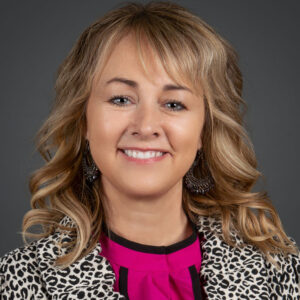 Michelle Larscheid
Michelle Larscheid Sinan Omer Turnacioglu, MD
Sinan Omer Turnacioglu, MD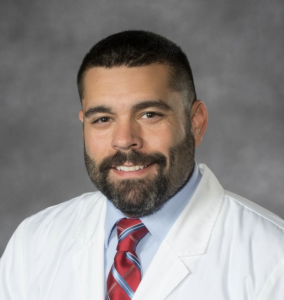 Christopher Vlangos PhD, FACMG
Christopher Vlangos PhD, FACMG Cora Taylor, PhD
Cora Taylor, PhD John Berens, MD, FAAP, FACP
John Berens, MD, FAAP, FACP Amy Pereira
Amy Pereira Rachel Franciskovich, MS, CGC
Rachel Franciskovich, MS, CGC Santhosh Girirajan, MBBS, PhD
Santhosh Girirajan, MBBS, PhD Rebecca Foster, PhD
Rebecca Foster, PhD Nancy Raitano, PhD
Nancy Raitano, PhD Christine Brennan, PhD CCC-SLP
Christine Brennan, PhD CCC-SLP Andrea Gropman, MD
Andrea Gropman, MD Kerry Boyd, MD, FRCPC
Kerry Boyd, MD, FRCPC Barbara Haas-Givler, MEd, BCBA
Barbara Haas-Givler, MEd, BCBA Ann C.M. Smith, MA, DSc (Hon), CGC
Ann C.M. Smith, MA, DSc (Hon), CGC Sarah Elsea, PhD
Sarah Elsea, PhD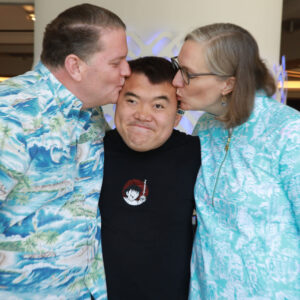 Glen & Kristine Braden
Glen & Kristine Braden John Roseborough
John Roseborough Barclay Daranyi
Barclay Daranyi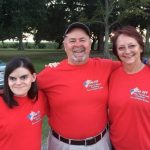 Ashton Charmaine
Ashton Charmaine Carissa Le
Carissa Le Rhonda Lowney
Rhonda Lowney Ron Dixon
Ron Dixon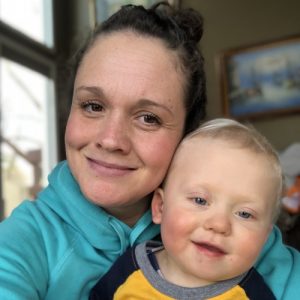 Maria Feagin
Maria Feagin Caitlin Seldon
Caitlin Seldon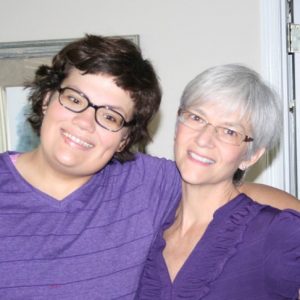 Julia Hetherington
Julia Hetherington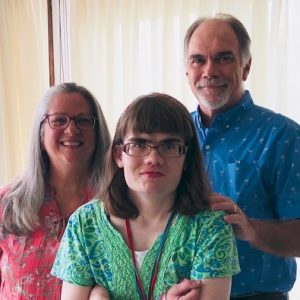 Liz and Bill Yates
Liz and Bill Yates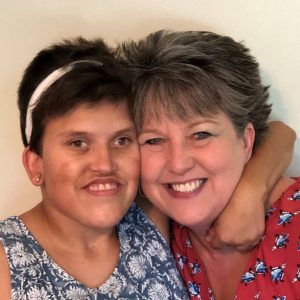 Tracie Belcher
Tracie Belcher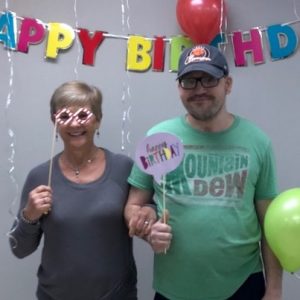 Rhonda Franklin
Rhonda Franklin Marni Rolston
Marni Rolston Michele Zdanowski
Michele Zdanowski Theresa & Mark Smyth
Theresa & Mark Smyth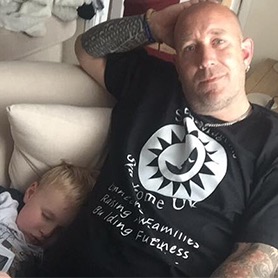 Mick Pearson
Mick Pearson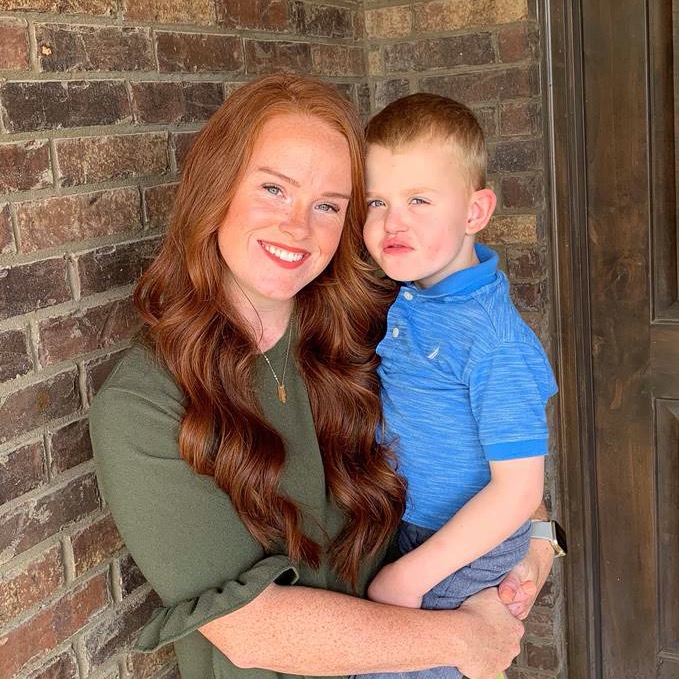 Abby Bell
Abby Bell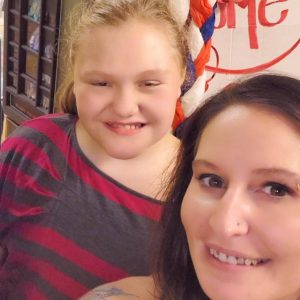 Heather Boney
Heather Boney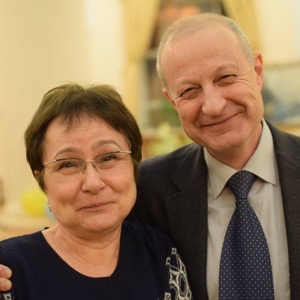 Bela Kafengauz & Alexander Tzetlin
Bela Kafengauz & Alexander Tzetlin Kevin Daly
Kevin Daly Phil Ruedi
Phil Ruedi Brandon Daniel
Brandon Daniel Denien Rasmussen
Denien Rasmussen Jackie Fallenstein
Jackie Fallenstein Percy Huston
Percy Huston Lynda Kilian
Lynda Kilian Diane Erth
Diane Erth Theresa Wilson, MS, RD
Theresa Wilson, MS, RD Margaret Miller
Margaret Miller Jason Michaud
Jason Michaud Michelle Lee
Michelle Lee Jill Wood
Jill Wood Natasha Schaller
Natasha Schaller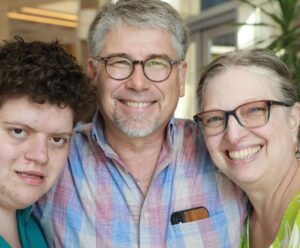 Kim Wirth
Kim Wirth Jane Charles, MD
Jane Charles, MD Randi Tanenbaum
Randi Tanenbaum Brandi Wilson
Brandi Wilson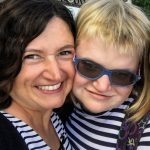 Debbie Brooks
Debbie Brooks Amanda Downey
Amanda Downey Laurie Bellet
Laurie Bellet Remi Robbins,
Remi Robbins,
 Many SMS patients experience frequent infections but the immunological basis for this phenomenon is currently unclear
Many SMS patients experience frequent infections but the immunological basis for this phenomenon is currently unclear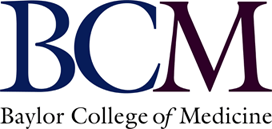
 Smith-Magenis Syndrome is a genetic disorder most commonly caused by a deletion of chromosome 17p11.2, and less commonly by mutations in the RAI1 gene
Smith-Magenis Syndrome is a genetic disorder most commonly caused by a deletion of chromosome 17p11.2, and less commonly by mutations in the RAI1 gene
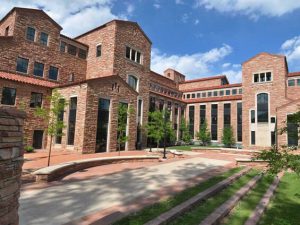 The SMS IEP Research Study team conducts research in the Department of Speech, Language, and Hearing Sciences at the University of Colorado Boulder
The SMS IEP Research Study team conducts research in the Department of Speech, Language, and Hearing Sciences at the University of Colorado Boulder
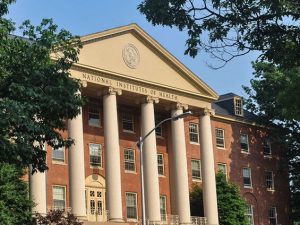 Growth Patterns in SMS
Growth Patterns in SMS


 Do you have a child with Smith-Magenis syndrome?
Do you have a child with Smith-Magenis syndrome? Leah Baigell
Leah Baigell Judy Bogdan
Judy Bogdan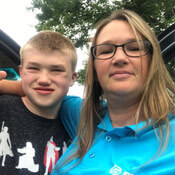 Mary Hards
Mary Hards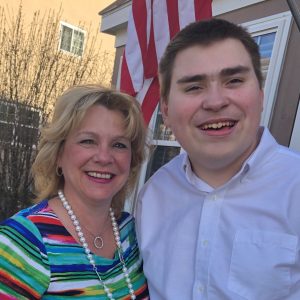 Denien Rasmussen
Denien Rasmussen Heidi Graf
Heidi Graf Annetta Zidzik
Annetta Zidzik Jean Bishop
Jean Bishop Jennifer Klump
Jennifer Klump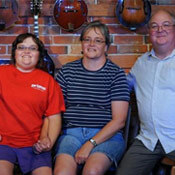 Eric and Kim Hoffman
Eric and Kim Hoffman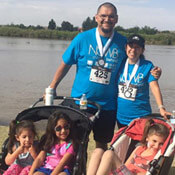 Alejandro and Delma Aguilar
Alejandro and Delma Aguilar Mary Beall
Mary Beall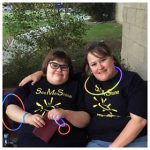 Jennifer Comford
Jennifer Comford Charlene Liao
Charlene Liao Diane Erth
Diane Erth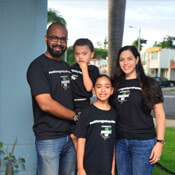 Sheila Herndandez-Vale
Sheila Herndandez-Vale Maria Elena Carrancedo
Maria Elena Carrancedo Eliane Barros
Eliane Barros Sabrina Bisiani
Sabrina Bisiani
 A new clinical study is investigating circadian rhythms and sleep disturbances in people with Smith-Magenis Syndrome to guide the development of a possible treatment.
A new clinical study is investigating circadian rhythms and sleep disturbances in people with Smith-Magenis Syndrome to guide the development of a possible treatment. Allison Leatzow
Allison Leatzow Kevin O’Connor
Kevin O’Connor Bernadette Huston
Bernadette Huston Brooke Widmer
Brooke Widmer Maureen Monroe
Maureen Monroe Trevor Gritman
Trevor Gritman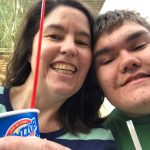 Patty Loyer
Patty Loyer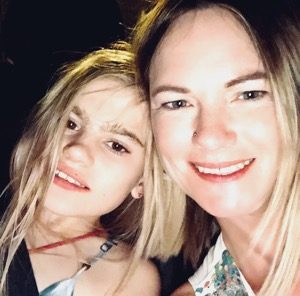 Cally Bauman
Cally Bauman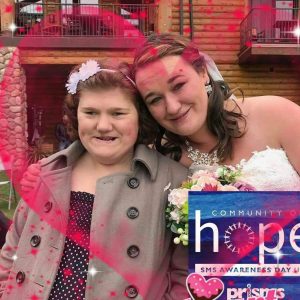 Brianna Ryczek
Brianna Ryczek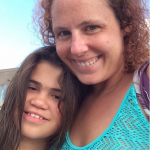 Carissa Le
Carissa Le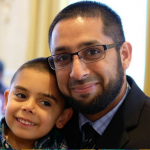 Osman Umarji
Osman Umarji Callihan Marshall
Callihan Marshall